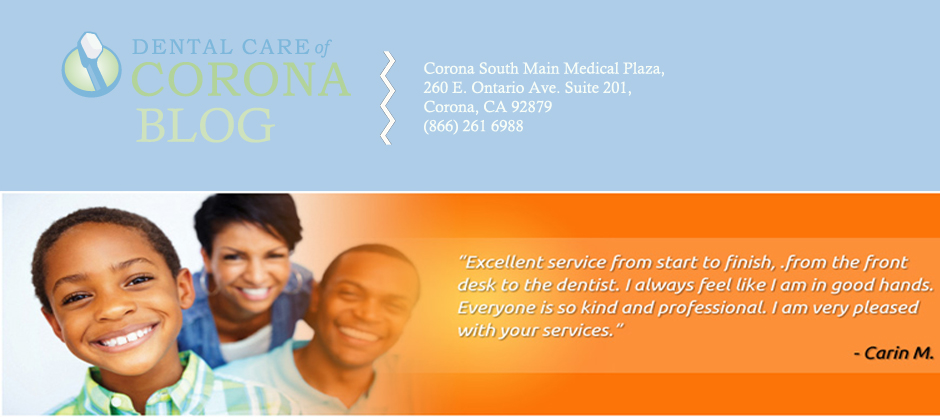About 100 million years ago, the jaws of
prehistoric man could easily accommodate all 32 teeth, including Wisdom Teeth. Wisdom Teeth are the third set of molars that come in after birth. Paleontologists and
anthropologists will tell you that because early man walked on all fours, much
like a dog, the massive jaw lead the way.
According to Wikipedia, teeth played an important
role. Jaws were larger, which helped with running and balance. Teeth were used
to catch, dismember, and eat prey. Early mans diet consisted of raw meat, roots
and a healthy diet of leaves. This meant that having 32 teeth was a massive
advantage. Prehistoric men and women did not have the luxury of seeing a
dentist either which meant that those Wisdom Teeth might have been a back up if
the first and second molars were worn down, broken, or lost.
Once man began to walk upright, Wisdom Teeth
were not as important. According to some scientists, jaws became shorter and
brains larger. Once this occurred the amount of space for teeth was lessened.
Those who oppose evolution say that it was
dental hygiene and dietary changes that lessened the importance of Wisdom Teeth,
totally discounting the jaw shortening and brain growth theory.
Whatever the reason Wisdom Teeth are the only
teeth that develop entirely after you are born. In fact, 35 percent of people
never see an appearance of Wisdom Teeth at all.
According to your dentist, Wisdom Teeth are valuable
as long as they come in properly and are healthy. However, problems with third
molars can occur especially if your jaw is not large enough to accommodate your
new Wisdom Teeth.
Impacted Wisdom Teeth are one of the biggest
issues when it comes to the third set of molars. If the teeth do not erupt
properly and are impacted, the other teeth will obstruct the path. If this
occurs, your dentist may recommend having your Wisdom Teeth extracted.
Other problems that could occur include
sideways growth or part of the tooth causing damage to the adjacent teeth. Your dentist may also recommend removal if cysts begin to form or if jaw stiffness,
pain, and swelling are present.
